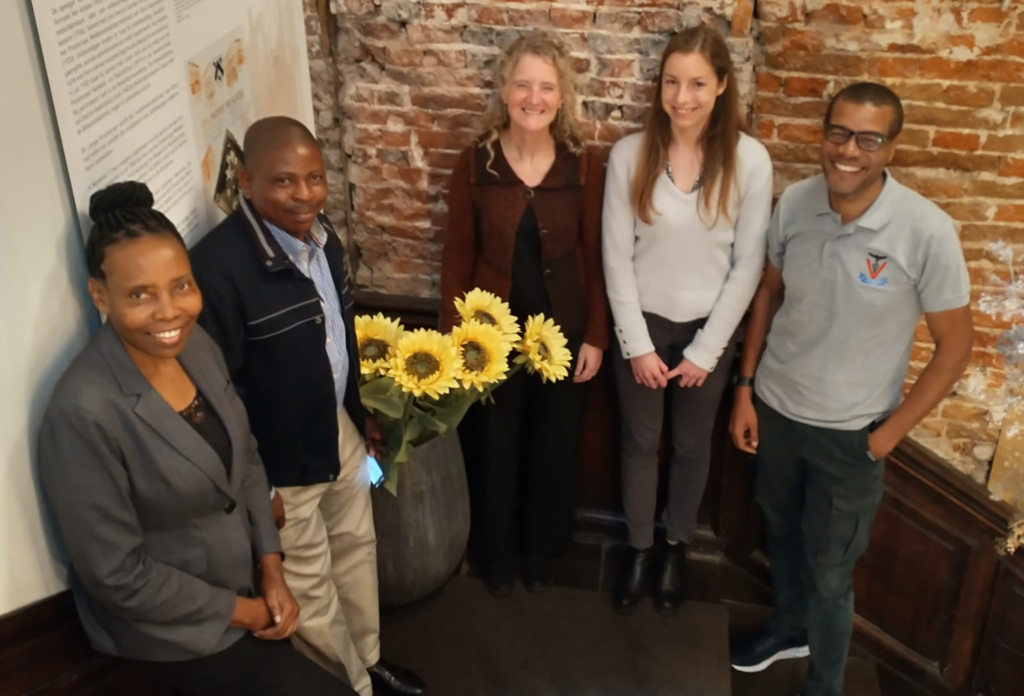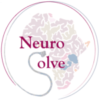Some of the members of the NeuroSolve Project consortium are also members of the CENTD network, namely Prof. Sarah Gabriel (Co-Chair of the Network), Prof. Helena Ngowi, Dr. Bernard Ngowi and Prof. Kabemba E. Mwape.
The Consortium of Experts in Neglected Tropical Diseases (CENTD) was established to unite researchers with expertise in, and willingness to contribute on, following identified challenges: (1) the lack of quantitative health risk analysis required both to understand the true health and socio-economic impact of NTDs and their sociodemographic determinants, and to ultimately identify the most cost-effective control strategies, (2) the poor efficacy of drugs due to the inherent low efficacy of the drugs, poor drug quality and the potential emergence of drug resistance, (3) the lack of sensitive and affordable point-of-care diagnostic tools, (4) the poor coverage of interventions due to insufficient use of existing delivery platforms, lack of well-validated control options or low community participation, and (5) the limited translation of research-based evidence into practice, policy and public health improvements. The network brings together researchers from across the world to tackle these challenges.
The CENTD network held two scoping meetings entitled ”Implementation research” and “Evaluation methods and diagnostics” from May 30th to 31st, 2024, at Ghent University in Ghent, Belgium. The NeuroSolve Project members of the network were invited to be part of the meetings and to give a presentation on the implementation research activities of the project. A presentation titled “Overview of implementation science in control of Taenia solium in Tanzania and Zambia” prepared by Prof. Ngowi was given by Prof. Mwape at the meeting during the “Implementation research” session of the scoping meetings. The presentation triggered a discussion on the importance of implementation research in the control of neglected tropical diseases such as Taenia solium infections. The Project was commended for the initiative to conduct implementation research activities to better understand the barriers and facilitators in the adoption of new treatment and diagnostic strategies by the local health care systems as well as one health control strategies by communities against the parasite. It was appreciated that such studies are critical towards the control of Taenia solium infections in affected communities.

Picture 1: Presentation given by the NeuroSolve team at the CENTD meeting

Picture 2: The NeuroSolve team at the CENTD meeting.

Picture 3: Group picture of the CENTD network members.
